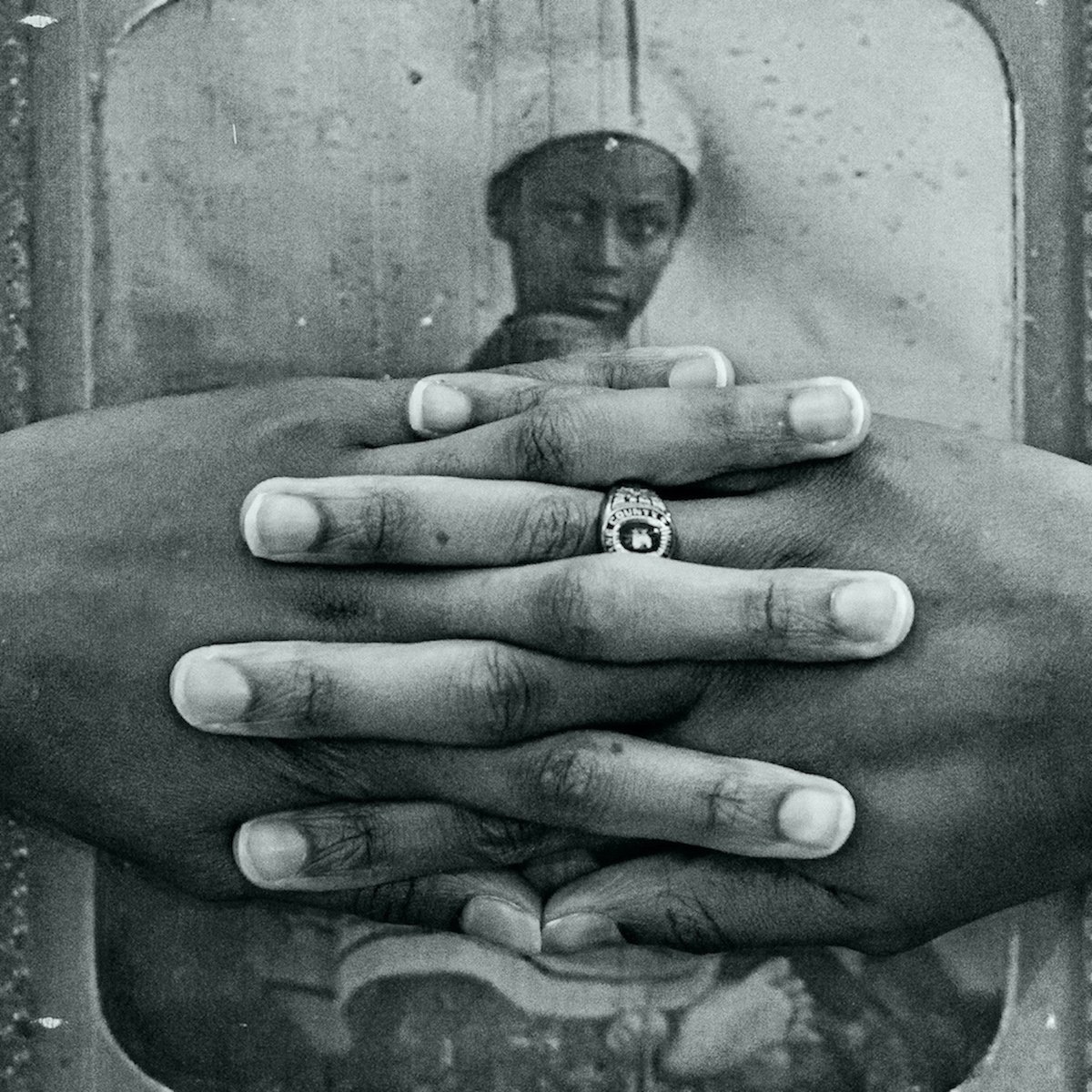Alayna N Pernell
My practice considers the gravity of the mental wellbeing of Black people in relation to the spaces we inhabit, whether physically or metaphorically. In my interdisciplinary practice, I examine the harsh realities and complexities of being a Black American. As a product of Alabama, it was evident that the color of my skin alone was more offensive than any words I could say. The very possession of my Black body alone served to be quite traumatic. It shaped the person who I am today. It wasn’t until I reached adolescence, that I realized that I was far from being alone. There is a wear and tear on the Black body as a result of stress due to constant exposure to racism, sexism, and classism. This weathering affects generations, not individuals. Photography is often used as a tool to silence or mischaracterize marginalized people. This is why it is important to me in my photographic practice to consider the realities of others with compassion and respect. In each body of work I create, I attempt to create a space for healthy dialogue to occur.
Currently, my practice is revolving around two questions: 1) What can visual art tell us about the depiction of Black women throughout history, and 2) How have those negative depictions of Black women resulted in our lack of mental and physical care? I have spent months researching and uncovering suppressed images of Black women held in photographic collections at the Art Institute of Chicago. The images I have found and researched thus far depict the exploitation and violence towards Black women. In my practice, I have excavated, re-photographed, re-captioned, and re-contextualized the original works. By engaging with these images with the intervention of my hands and my body, I attempt to rescue and protect Black women’s bodies and their humanity, and also unearth their stories so that they can be seen and heard. With my ongoing body of work entitled Our Mothers’ Gardens, I beg for more than the visibility of Black women in institutional collections and hopeful reparations. I also desire for the issue around institutions holding and silencing collections of visible and (in)visible violent visual depictions of Black women to be further highlighted and appropriately corrected.
Early in my research, a part of my work critiqued Peter J. Cohen’s collection focusing on why he was listed as the photographer and owner of specific works held at the Art Institute of Chicago. After communicating with him personally and advocating for the change of ownership at the AIC, I was given permission to restore the images back to their original owners. I am in a unique position in my practice where I am beginning restorative photographic justice work. I was sent 20 images from his personal collection in order to research and analyze the images with the information provided on the back of the images. While I am documenting my restorative justice work, I am also showing that restitution is possible and vital, especially in communities of color. www.alaynanpernell.com


































